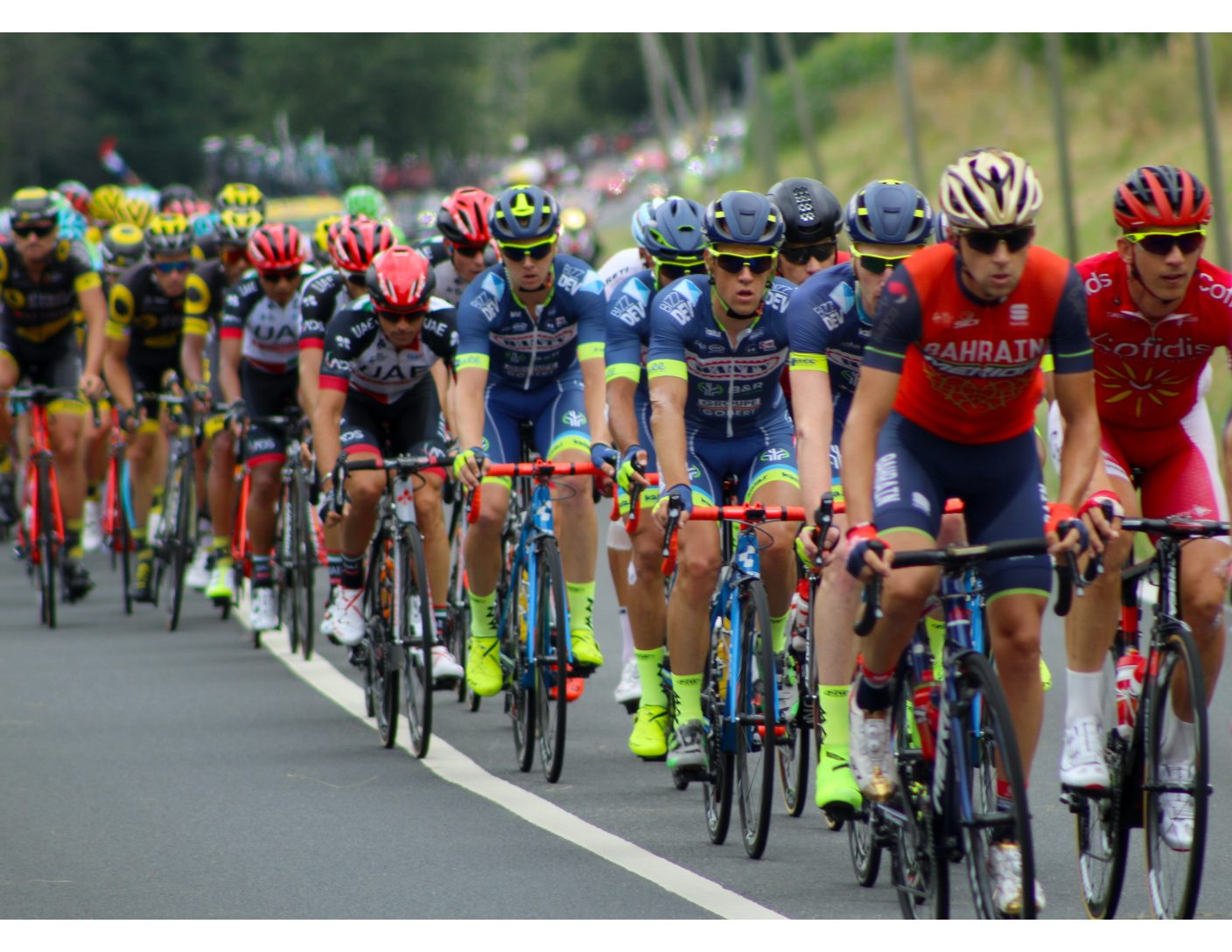I’m a big bike rider, so I love the Tour like football fans love the World Cup.
The Tour de France always begins with “The Grand Depart”. The title they give to the first stage of the great bike race. It is also a phrase that signals that the hard work is down the road and it will come up fast. The riders must prepare their mindset as much as their legs if they are to reach the finish line in Paris.
The TdF is a stage-based bike race, similar to those many beginnings in a person’s life. The tour has 21 unique and difficult stages, and each one is designed to produce challenge, pain, suffering and, ultimately, the satisfaction of completion. Only to have to do it all over again the next day.
Theresa, my wife, and I have created our own Grand Depart. We are moving from our home on Bainbridge Island, Washington to Europe. We have actually been trying to depart for ten months, but Covid-19 has delayed our journey. We have had a few challenges over the months but no suffering. It now appears we can move onto the next stage, which is deciding where we are to live. The stage following is to make The Depart.
We have begun a purposeful transition stage in our life; our world is about to experience big change. We are going to leave behind a community of friends and family we have lived with for over 22 years. We have sold, given away or stored almost everything we own.
Designed change has been happening for almost a year; the pace is about to increase, much like it does when the great climbers in the Tour reach the final stages.
The work gets real now.
Transitions happen all the time for people. Most of those transitions are small and pass unnoticed. It’s the big ones that can emotionally and mentally swamp people and organizations. Covid-19 has produced massive change in how we live and work. What Covid-19 has really delivered are multiple experiences, which have shown us how poorly we might be thinking through and managing transitions.
Transitions always involve new opportunities; it is the seduction of these new opportunities that capture our attention. For Theresa and I, the new opportunities include living in an interesting European community, traveling to other countries for a weekend and experiencing different cultures on a regular basis. We will have the opportunity to live a Rick Steves life instead of watching it on PBS.
Of course, as in the TdF, the mountain stages loom ahead. Those damn hard stretches when self-doubt and pain show up and test our will and commitment to the life we want to live. Anyone going through a significant change experience understands that hard challenges will come. Few people have planned and thought about how to handle those moments. There is a more useful approach to change and transition. It is the approach a wise leader prepares her team to address in advance.
Transitions alway have two elements: gains and losses. We humans love to focus on the gains. We are not so good at addressing pending losses. Losses challenge our values and our mindset.
Here are some questions to consider before you lead yourself or your team through a transition.
Value questions:
- What values do I/we need to keep as we move forward?
- What values do I/we need to leave behind because they will not serve us in the future?
- What values do I/we bring forward?
Mindset questions:
- What do I believe about that future? How do I test those beliefs?
- What is my contribution to the current mindset that needs to be challenged?
- How do I support other people in challenging my thinking?
- What are the weak signals that we are ignoring?
- Who are the contrarians, inside and outside the organization that we should include in our thinking?
- How will we address the losses that will come with transition?
- How much loss can people absorb and keep moving forward?
- What is the opportunity narrative I will tell the organization?
- How do I ground that narrative?
These are not the “right” questions or all the questions to ask yourself or your team. They are prompts to provoke an exploration of values and mindset that underpin our thinking. Reflecting on values and mindset reduces the odds of being punished by our blindspots. They increase our “leg” strength so we can get over the mountains of the transitions, so we can reach Paris.





Comments are closed.